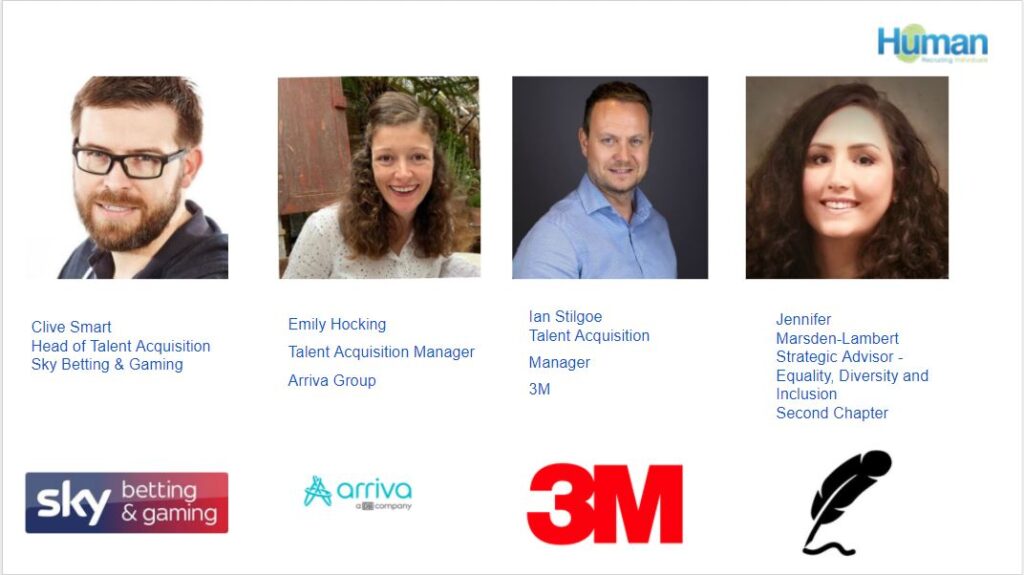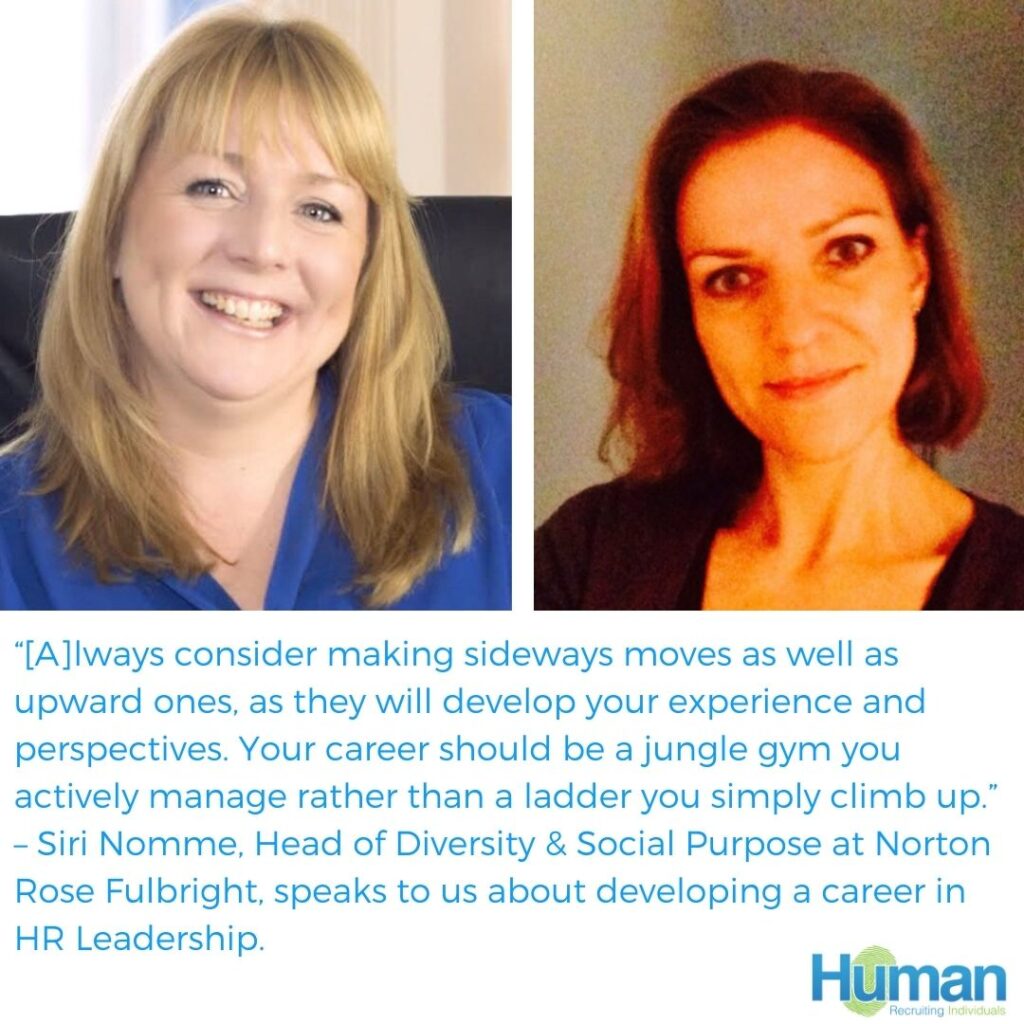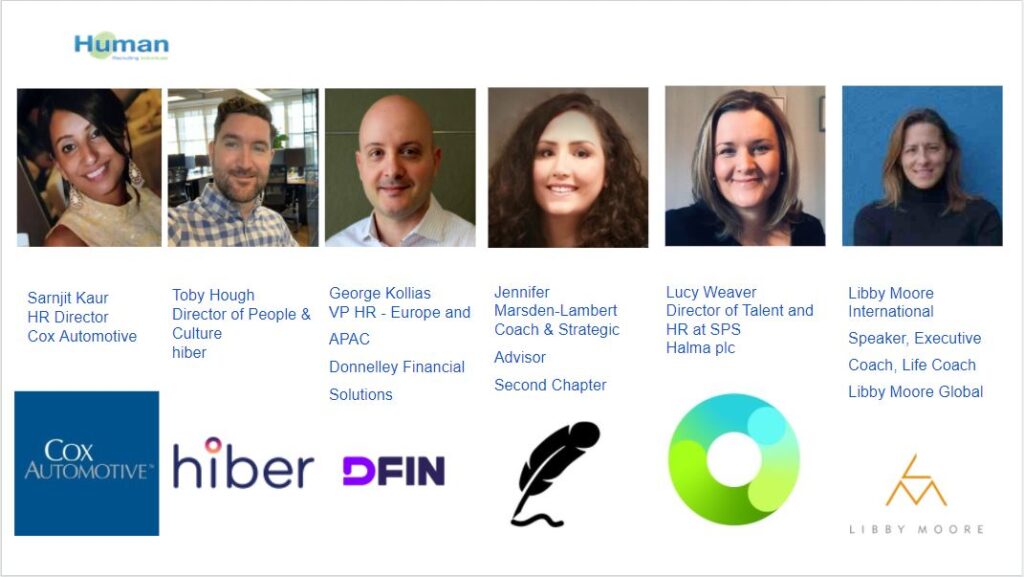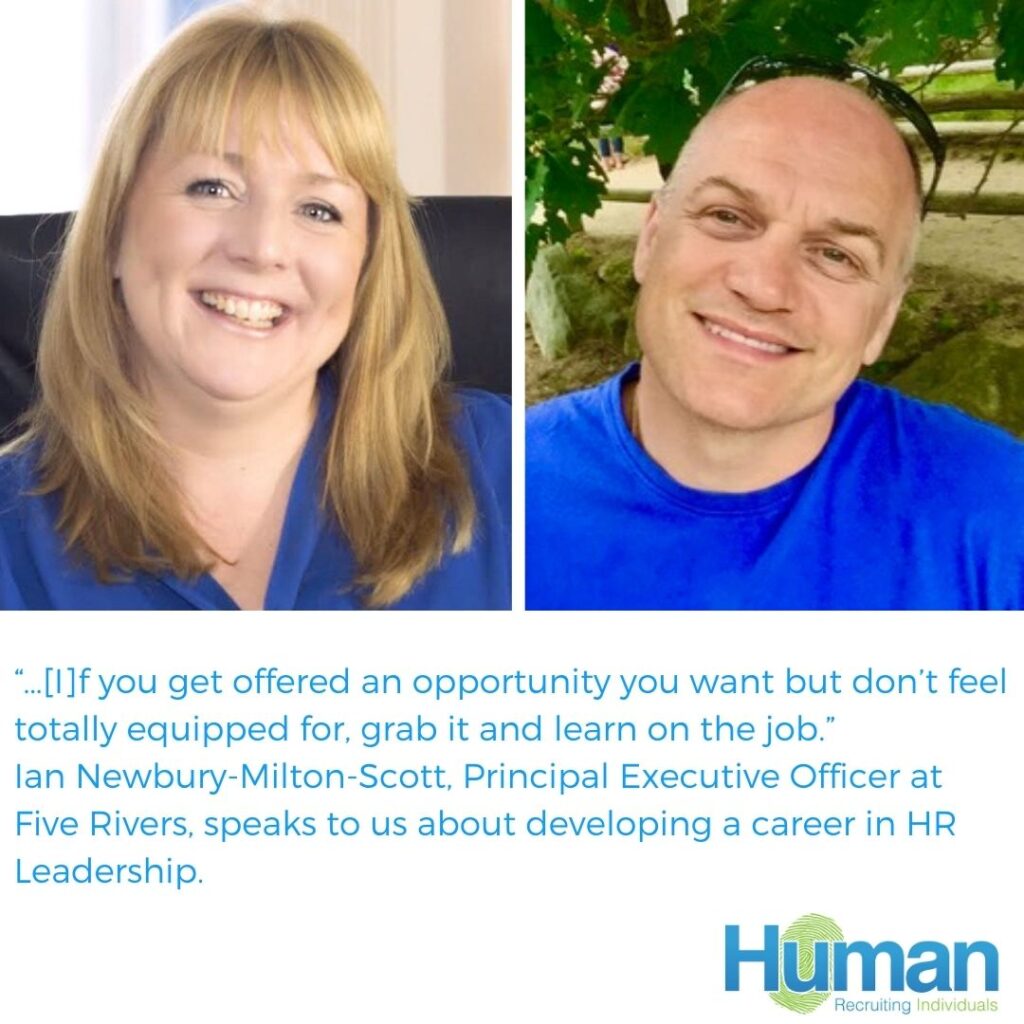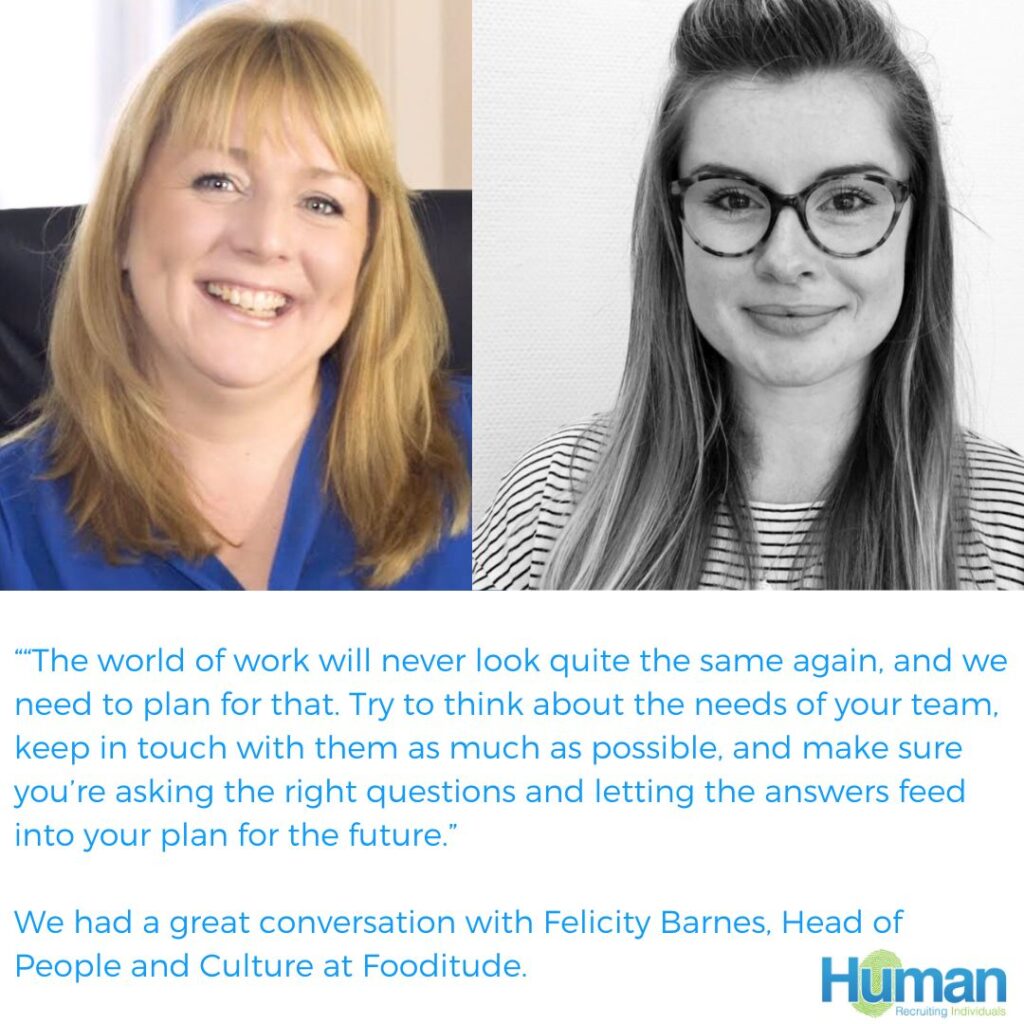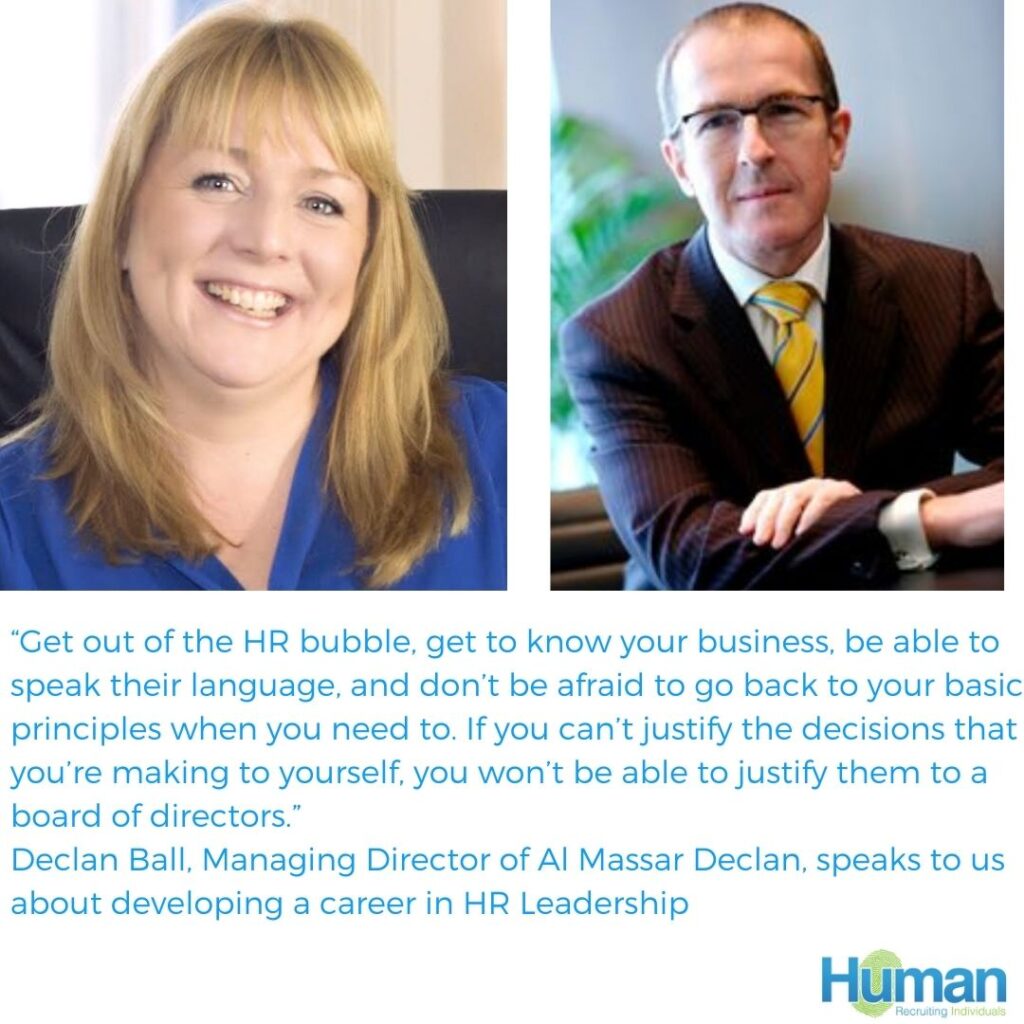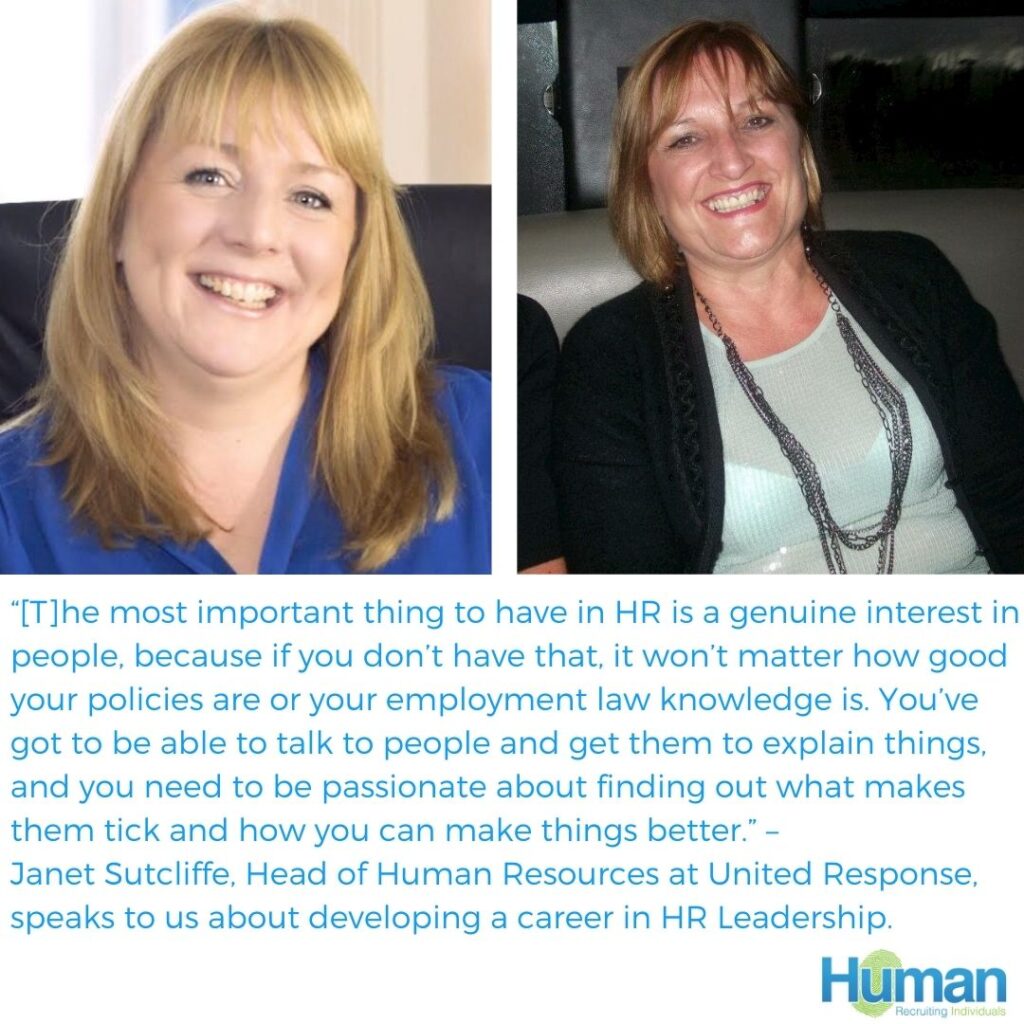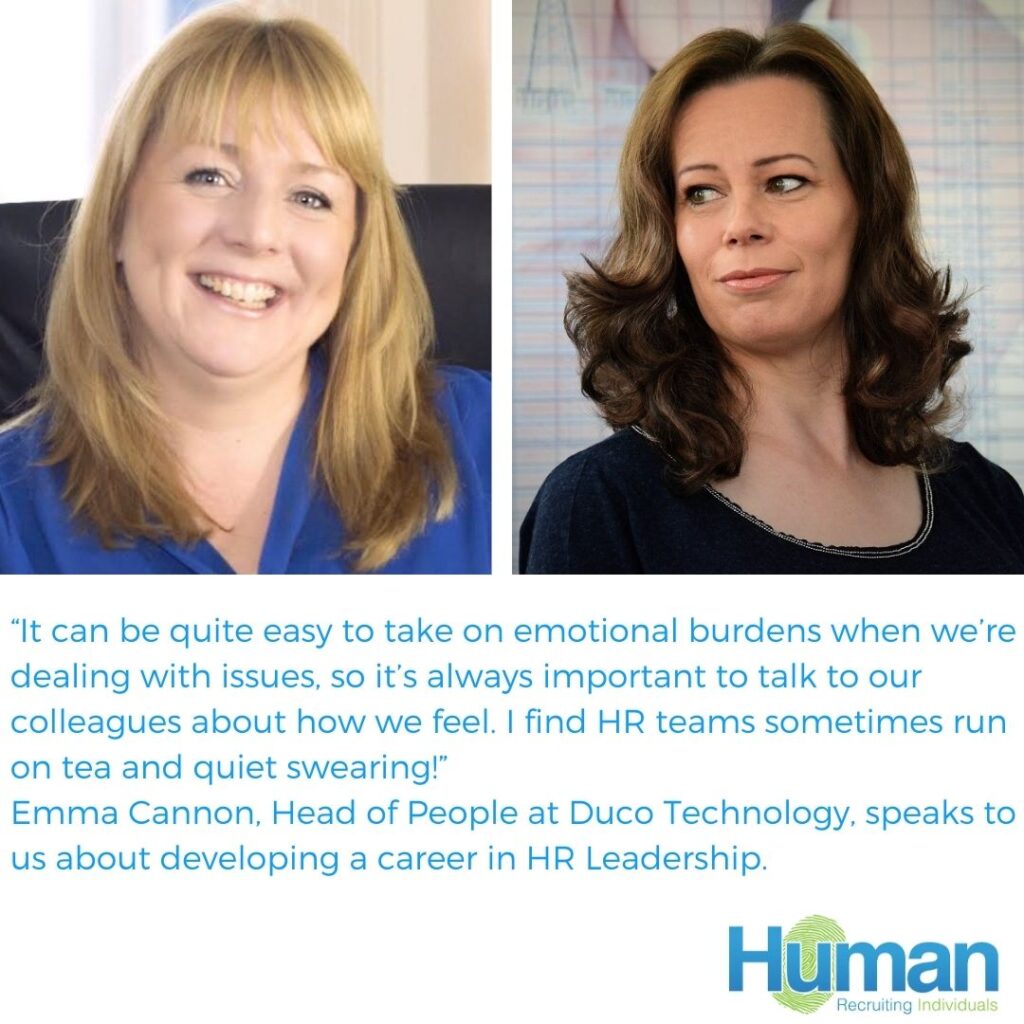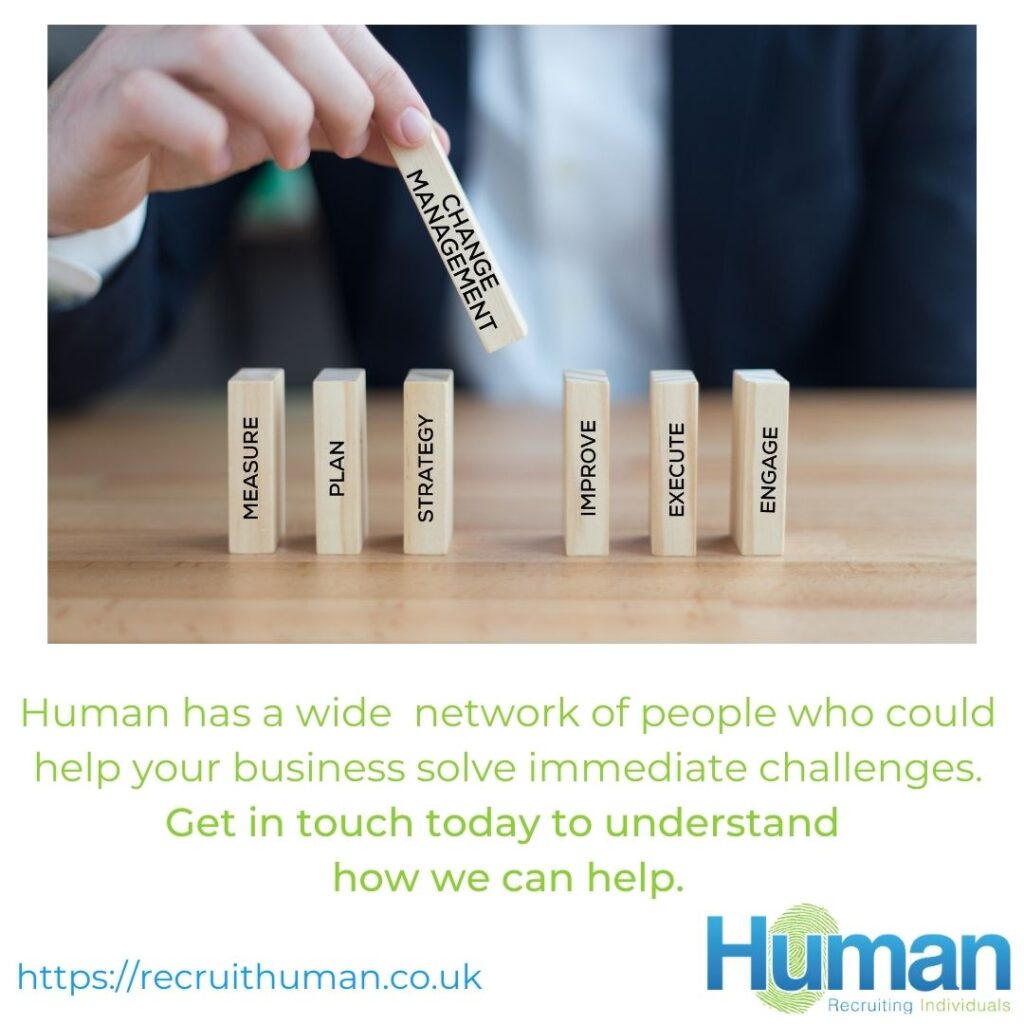“The world of work will never look quite the same again, and we need to plan for that. Try to think about the needs of your team, keep in touch with them as much as possible, and make sure you’re asking the right questions and letting the answers feed into your plan for the future.” – Felicity Barnes, Head of People & Culture at Fooditude, speaks to us about developing a career in HR Leadership. As part of our commitment to supporting candidates to develop fulfilling careers, we’ve invited some HR Leaders to share the secrets of their success. This week, we had a great conversation with Felicity Barnes at Fooditude, who began her career as an Administration Assistant at Marlin Financial Group (now part of Cabot Financial Limited), later taking on an HR Administrator role within the company. In December 2015, Felicity joined the team at Fooditude as an HR Officer, ascending the ranks to the role of HR Manager in April 2017 before taking on her current role in November 2019. Can you tell us how you got into HR and why? Like most people, I kind of fell into HR rather than having decided it would be my career from the start. I did a degree in International Hospitality and Tourism Management, so it was quite broad, but looking back, I unknowingly did quite a few People-focused modules around HR, training, and development in Hospitality, so the People space appealed to me even back then. I am very much a people person, so my career lends very well to that. Like a lot of new graduates, when I left university, I applied for jobs across a whole range of different industries. It was tough to navigate the job market at that time, because everything felt very employer-driven rather than candidate-driven, but I managed to secure a job with Marlin Financial Group. Originally, my plan was to take the job and keep looking for what I wanted to do long-term, but once I joined, I threw myself into life at Marlin and got involved with everything I could. I loved working there. When an HR Admin role came up within the business, those around me knew I was ready for a new challenge, and I was approached about going for the role. The HR team knew me from my involvement with social functions, and they were very interested in candidates who weren’t afraid to put themselves out there, meet everyone, and get involved with all the extracurricular activities, which I had proven I could do. I spoke to the Head of HR and came away feeling like I could do really well in the role. Luckily, she agreed, and I joined the HR team. I loved my first HR role—there was always something going on, and as a member of quite a small team, I could get involved with everything, which I found really interesting. The merger between Marlin and Cabot Financial happened while I was in that role, and the workplace changes we had to facilitate were fascinating. The HR team itself also went through a restructure and quite a few staff changes in a short period of time, and I was able to experience quite a lot of HR processes because of that. Because the team was in such transition, I got involved in a lot more than you usually would in an HR Admin role. The fact that it was just me and an HRBP at our Worthing site had a lot to do with my development as well—while we obviously had access to wider HR support, we did ultimately do most things ourselves. That role was a brilliant introduction to HR because I was exposed to so much so quickly, but after nearly two years, it was looking like the business would go towards a shared support services model and I was ready for a change. I found that I wanted to reconnect with my passion for Hospitality and bring my love for HR into that. Fortunately, around that time, a family friend made me aware of a Hospitality-based company looking for HR professionals called Fooditude. Initially, Fooditude didn’t have an HR department and were using an HR Consultant, but as they grew, they decided to bring the function in-house and asked me to join them as an HR Officer. The company was family-run and their values aligned closely with my own, which was really important to me when considering a new role—I knew it was somewhere I wanted to work from the outset. It was a small company at first, so I was able to take what I’d learned from working in a big corporate company and use that to give it some structure and build on their processes to take them to the next level. I was very, very fortunate that I got that job; it was the perfect role for me to get stuck into, and Fooditude is such a lovely company to work for. The role grew as the company grew, so I started as HR Officer, then became HR Manager, and now I’m Head of People and Culture. My career has really progressed as the business has progressed, and the same is true of the whole senior management team I work with. My current role as ‘Head of’ has been a great opportunity to shape HR and carry out our HR practice the way we think it should be done, and I’ve had the freedom and flexibility to create great workflows, which has been amazing. Can you tell me about the key themes and challenges that you’re seeing across the HR sector? One of the biggest challenges has definitely been managing the business growth and HR team growth at the same time, but I started to tackle them by speaking to the managers in the business, finding out what their pain points were, and looking at what we needed to focus on first, which for us was


